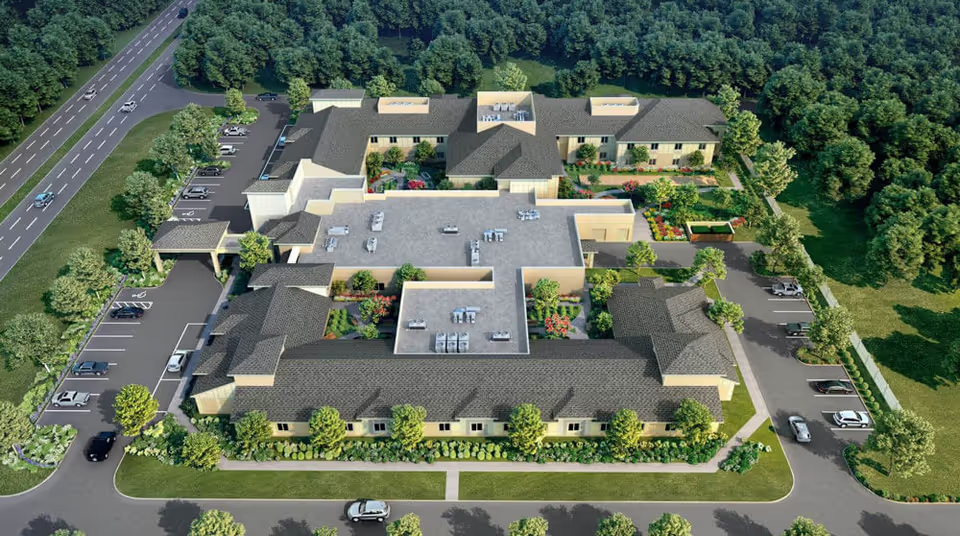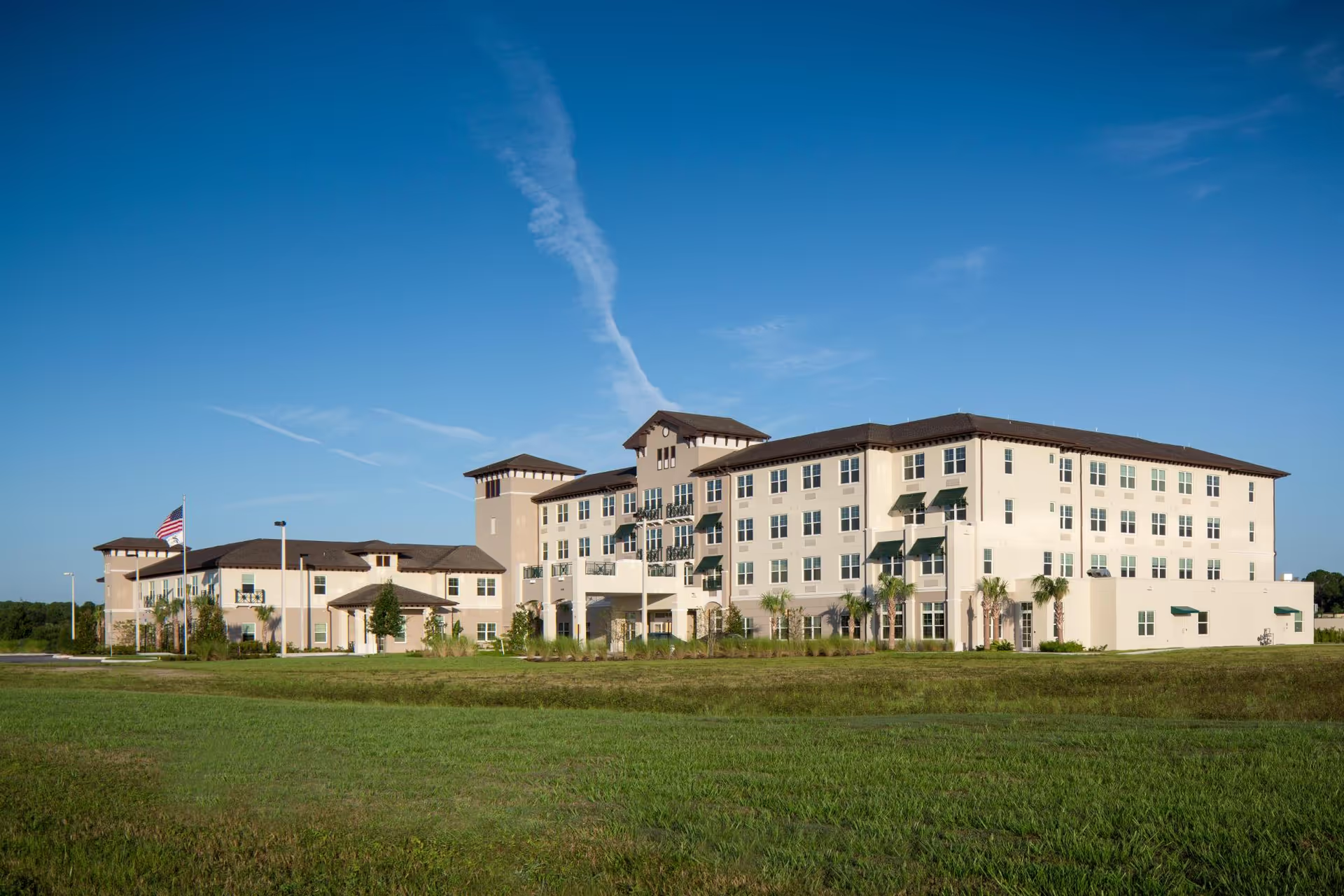Overall sentiment across reviews for PruittHealth - Magnolia Manor is strongly mixed, with a clear pattern: the facility's rehabilitation and therapy services receive frequent, enthusiastic praise, while long-term care and basic caregiving consistency raise significant concerns. Many reviewers describe the rehab department as state-of-the-art with knowledgeable, goal-oriented therapists and measurable functional gains. Multiple families singled out individual staff and therapists by name for exceptional care, and several reviewers called the rehab program top-notch, noting rapid mobility improvements, improved speech, and overall excellent clinical outcomes. The facility itself is often described as beautiful, clean, comfortable, and resort-like, and reviewers frequently compliment the activities program, professional activities director, and opportunities for socialization, including video meetings for families.
However, a contrasting cluster of reviews highlights persistent operational and clinical safety problems, particularly for long-term residents and during night shifts. Understaffing is a recurrent theme: reviewers report too few nurses and CNAs, delayed bathroom assistance, ignored call lights, long hold times on phones, and understaffed night shifts that correlate with lapses in hygiene, bathing, feeding, and timely responses. Several accounts describe residents left in urine and feces, infrequent or missing baths, wet or ill-fitting linens, and instances where aides were described as uncaring or overwhelmed. These issues are linked to reports of weight loss (one reviewer cited a 20-pound loss), declines in health after placement, and some families deciding to remove loved ones from the facility.
Safety and clinical quality concerns appear repeatedly and range from communication failures to alleged clinical neglect. Multiple reviews report delayed or missing medical updates, lack of transparency from the Senior Care Director or nursing leadership, and poor notification to families about hospitalizations. There are isolated but serious allegations of missed or incorrectly handled medical events: untreated urinary tract infections, a pelvic fracture not properly evaluated with x-rays, forgotten IV medications, a gallbladder drain not draining, and claims of inaccurate or false documentation. Reports of bedsores and raw/blistered skin, as well as a rat sighting and expired milk in one account, amplify worries about inconsistent clinical oversight and sanitation. Several reviewers also described unsafe transfer techniques and slick floors contributing to fall risk.
Communication and management responsiveness are inconsistent across reviews. Some families praise administrators and social services staff for being helpful and responsive, citing smooth transitions and coordinated care. Others, however, describe unresponsive administration, unanswered calls, and a Senior Care Director who was not transparent or timely with updates. This split suggests variability in leadership presence or inconsistency across units or shifts. Phone responsiveness, both at the facility and through whatever centralized call center is used, was called out as a frequent pain point, exacerbating family frustration when combined with clinical or safety concerns.
Dining and basic caregiving also draw mixed feedback. Many reviewers report excellent food and helpful, attentive dietary staff; others report cold, poor-quality meals, missed feeding assistance, and inadequate monitoring of intake that contributed to weight loss. Some reviews praised the dining experience and specific dietary staff, while others flagged unsafe dining setups and insufficient help for residents who need assistance to eat.
Staff culture and morale emerge as underlying drivers of many positive and negative experiences. Where therapy teams, named nurses, and aides were described as caring, professional, and compassionate, families felt reassured and reported strong outcomes. Conversely, accounts of rude, cussing, or dismissive staff behavior, coupled with statements that staff are overworked and underpaid, point to a strained workforce that can result in inconsistent care. Several reviewers specifically noted that short-term, rehab-focused staff tended to be more engaged and effective, while long-term nursing and CNA staff seemed overwhelmed or less attentive.
In summary, PruittHealth - Magnolia Manor appears to excel as a rehabilitation destination for short-term stays: excellent therapy teams, modern equipment, and many success stories are evident. For long-term care, nighttime coverage, and basic caregiving tasks, reviews reveal substantial and recurring problems including staffing shortages, responsiveness failures, communication gaps, and occasional serious clinical lapses. Families considering the facility should weigh the strong rehab reputation against the documented variability in long-term care quality and administrative responsiveness. The pattern suggests that patient outcomes and family satisfaction depend heavily on unit, shift, and individual staff; close monitoring and proactive communication by families and admitting clinicians may be advisable based on these reports.







